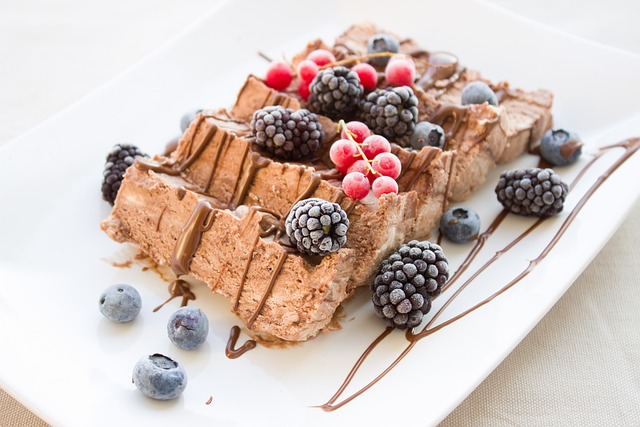Blog: Beyond Yogurt – Exploring Unexpected Sources of Probiotics
The Power of Probiotics
In recent years, there has been a growing interest in probiotics – beneficial bacteria that can have a positive impact on our gut health. While most people associate probiotics with yogurt and fermented foods, there is a wide range of unexpected sources that can provide these beneficial microorganisms.
1. Kefir
Kefir is a fermented milk drink that originates from the Caucasus region. It is made by adding kefir grains to milk, which contain a combination of lactic acid bacteria and yeast. The result is a tangy, slightly carbonated beverage that is not only packed with probiotics but also rich in calcium, protein, and other nutrients.
2. Kimchi
Kimchi, a traditional Korean dish made from fermented vegetables, such as cabbage and radishes, is not only delicious but also an excellent source of probiotics. The fermentation process enhances the flavors and creates beneficial bacteria that can aid digestion and support a healthy immune system.
3. Miso
Miso is a Japanese seasoning made from fermented soybeans, barley, or rice. It is commonly used in soups, marinades, and other dishes. Miso contains a variety of probiotic strains and is also a source of essential amino acids, vitamins, and minerals.
4. Kombucha
Kombucha is a sweetened tea that is fermented using a symbiotic culture of bacteria and yeast (SCOBY). This fermented beverage is known for its fizzy, tangy taste and its potential health benefits. Kombucha contains probiotics and antioxidants that can promote gut health and provide a natural energy boost.
5. Sauerkraut
Sauerkraut is a finely chopped cabbage that has been fermented by various lactic acid bacteria. This traditional German food is not only a tasty addition to sausages and sandwiches but also a great source of probiotics and vitamin C.
6. Tempeh
Tempeh is a traditional Indonesian food made from fermented soybeans. It is commonly used as a meat substitute in vegetarian and vegan diets. Apart from being a great source of probiotics, tempeh is also rich in protein, fiber, and other nutrients.
7. Pickles
While pickles may seem like a simple accompaniment to your sandwich, they also offer a dose of probiotics. Classic pickles made through the process of lacto-fermentation contain beneficial bacteria that can support a healthy gut.
Conclusion
Beyond yogurt, there are numerous unexpected sources of probiotics that can provide a wide range of health benefits. By incorporating kefir, kimchi, miso, kombucha, sauerkraut, tempeh, and pickles into your diet, you can diversify the probiotic strains you consume and promote a healthier gut.







